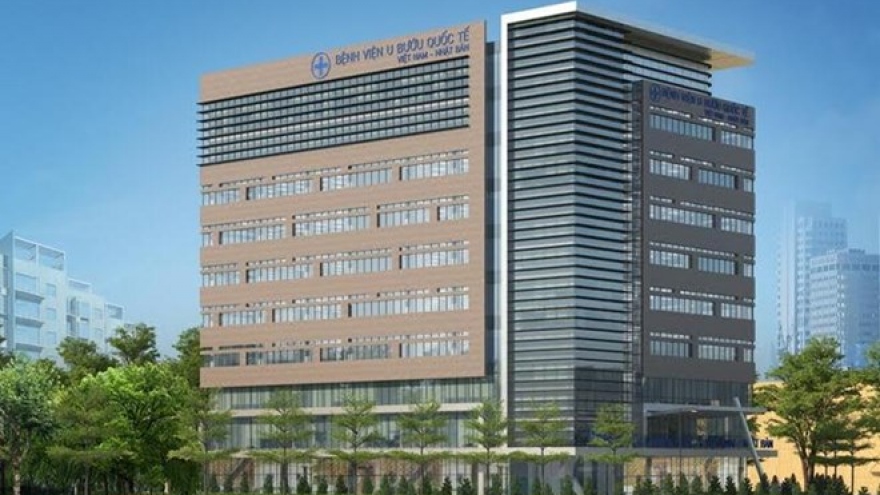Vietnamese hospitals to share exam results: MoH
Wednesday, 17:06, 15/03/2017
The Ministry of Health has asked 122 hospitals to interlink their medical exam results with each other in an effort to eliminate redundant examinations.
The ministry said that 38 central-level hospitals would implement the sharing system from July 1, while others would have the system operational as of January 1, 2018.
Luong Ngoc Khue, director general of the Medical Examination and Treatment Department said the move would not only save time and money for patients but also would help standardise examination quality among hospitals.
According to Khue, the number of medical examinations was reported to rise 10 percent per year from 2011-16.
Deputy Minister Nguyen Viet Tien said that a hospital should only conduct a medical test if it is really necessary.
Doctors have recently found that the excess of medical tests occurred partly because doctors did not trust results from other hospitals, he said.
Another reason was that doctors often do not carefully consider patients’ medical files before asking them to undergo medical examinations, he said.
The situation must be fixed soon, he added.
In addition, medical equipment is often funded by socialisation sources. Investors want more examinations conducted so that more profits can be gained.
Tien said directors of hospitals must think carefully before selecting medical equipment with suitable prices from investors.
Khue said that to prepare for the interlink system, the ministry plans to approve a draft regulation with criteria to assess the quality of hospital laboratories this month.
According to the draft, laboratories will be rated at five levels. A health clinic will be suspended from operation if rated at the lowest level and remain closed until it totally fixes its problems.
Statistics from the ministry show the country now has 38 central-level hospitals under the health ministry, 492 provincial-level hospitals, 629 district-level hospitals and over 30,000 private health clinics.
Luong Ngoc Khue, director general of the Medical Examination and Treatment Department said the move would not only save time and money for patients but also would help standardise examination quality among hospitals.
According to Khue, the number of medical examinations was reported to rise 10 percent per year from 2011-16.
Deputy Minister Nguyen Viet Tien said that a hospital should only conduct a medical test if it is really necessary.
Doctors have recently found that the excess of medical tests occurred partly because doctors did not trust results from other hospitals, he said.
 |
The situation must be fixed soon, he added.
In addition, medical equipment is often funded by socialisation sources. Investors want more examinations conducted so that more profits can be gained.
Tien said directors of hospitals must think carefully before selecting medical equipment with suitable prices from investors.
Khue said that to prepare for the interlink system, the ministry plans to approve a draft regulation with criteria to assess the quality of hospital laboratories this month.
According to the draft, laboratories will be rated at five levels. A health clinic will be suspended from operation if rated at the lowest level and remain closed until it totally fixes its problems.
Statistics from the ministry show the country now has 38 central-level hospitals under the health ministry, 492 provincial-level hospitals, 629 district-level hospitals and over 30,000 private health clinics.


